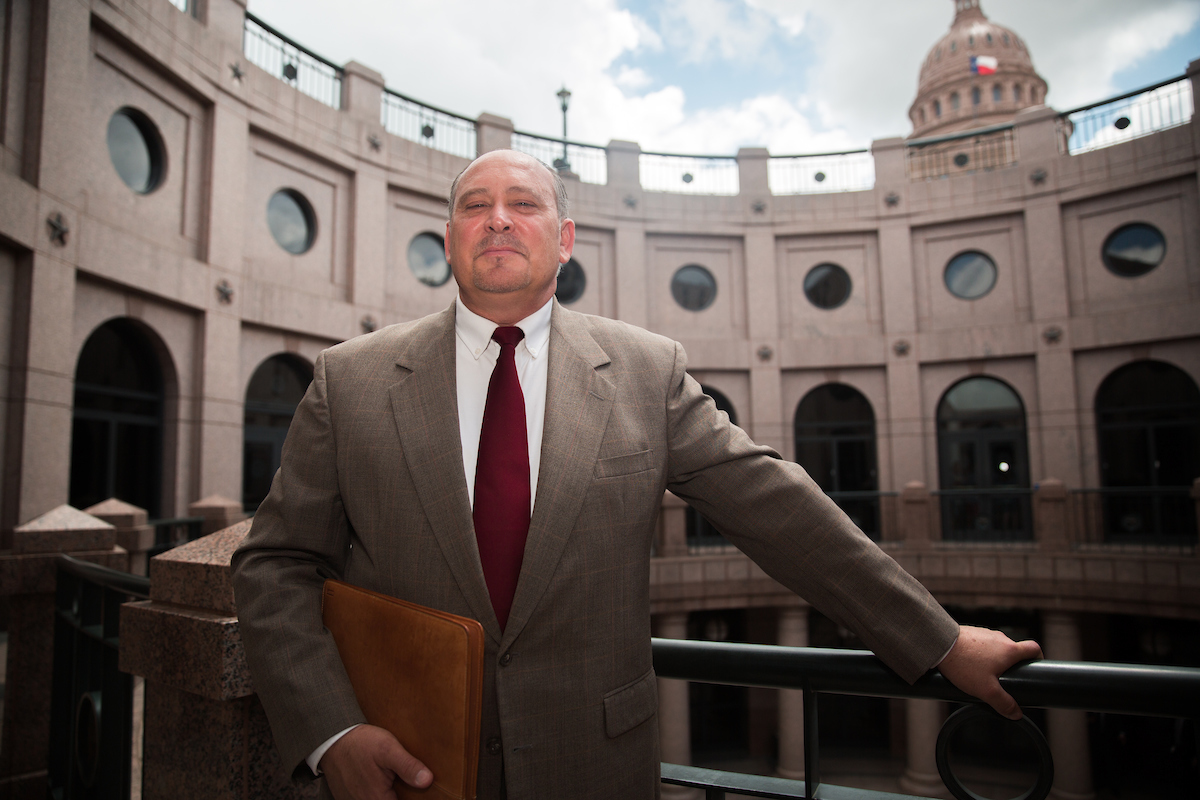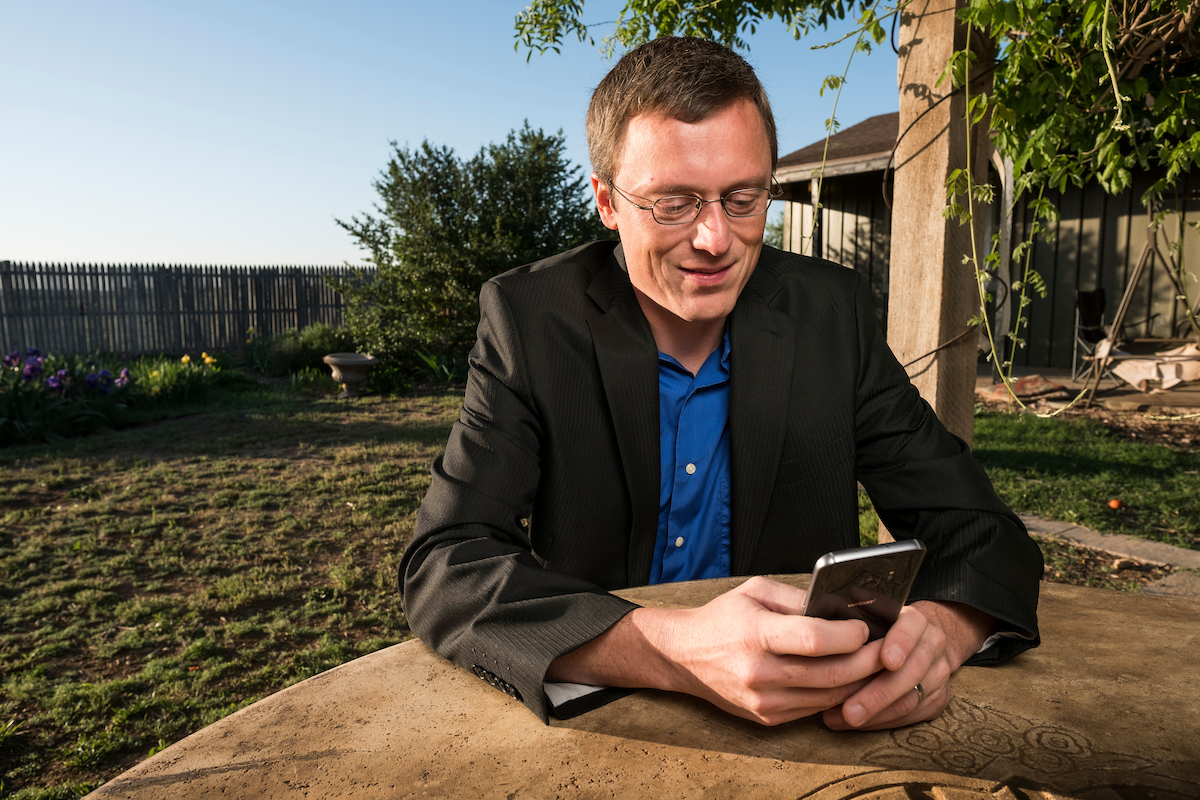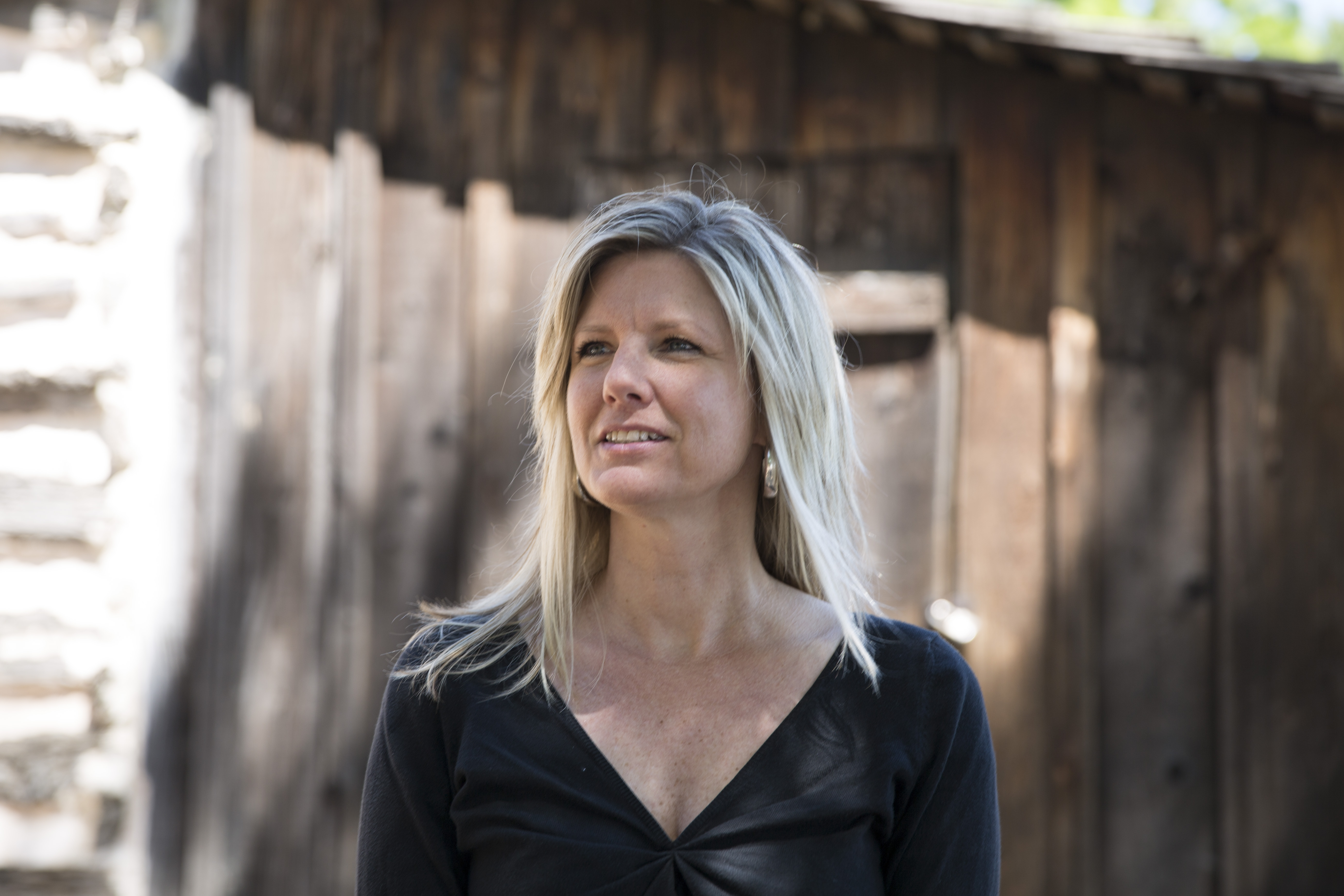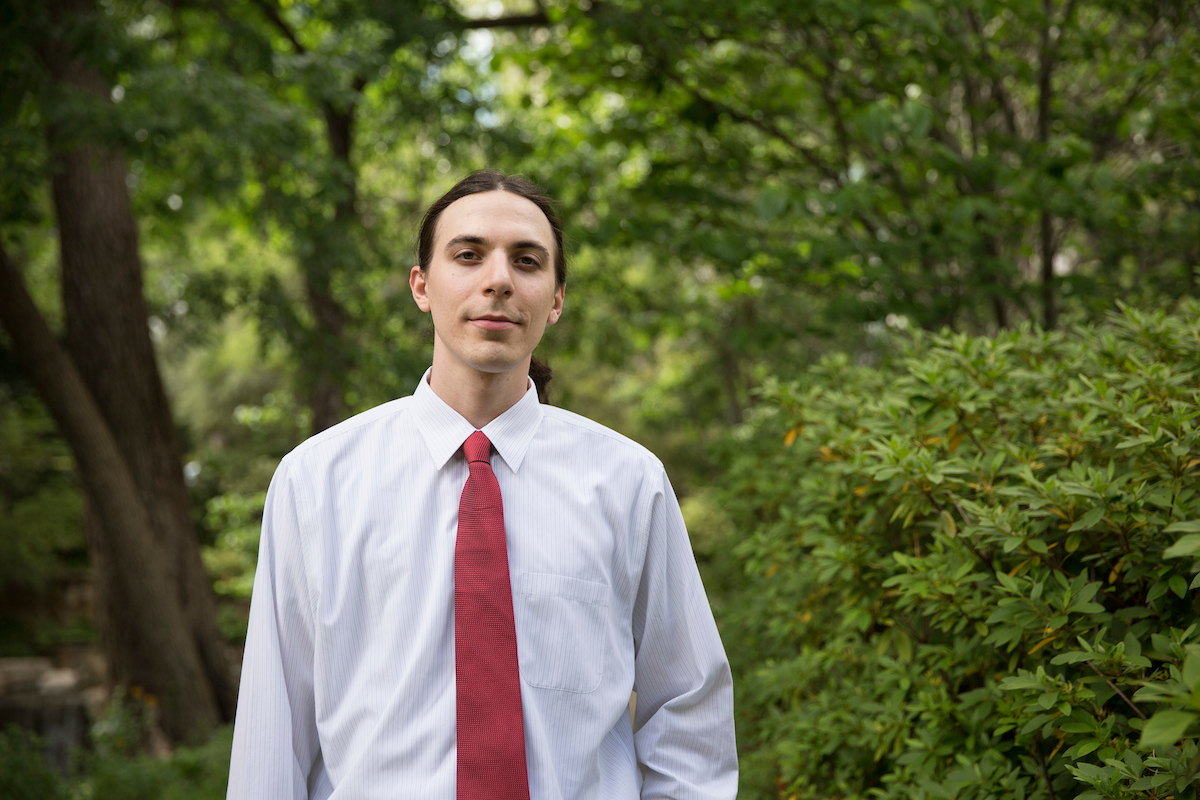How grassroots groups are mobilizing Texans on top issues
/https://static.texastribune.org/media/images/2017/04/21/TT-come-and-take-it-legebot-art003.jpg)
This legislative session, we’ve been examining the various ways Texans can participate in the political process, from contacting lawmakers to testifying before the state House and Senate. This week, we’re talking to several Texans who represent, or are a part of, community groups seeking to influence policy by engaging with like-minded individuals.
These groups are a staple of the session, driving demonstrations on the Capitol steps, but also organizing across the state long after the Legislature adjourns.
Read on for tips from organizers on how they work to elevate grassroots voices at the Capitol — then tell us about the groups you’re involved in by filling out this short form. These interviews have been edited for clarity and brevity.
This post is part of of our Come and Take it Challenge, which encourages readers to learn more about how Texas government works. You can participate by messaging “hello” to Paige, our Facebook Messenger bot, at m.me/texastribune. She'll send you twice-weekly updates on news out of the Texas Legislature, plus details on completing the challenge. Participants are eligible to win tickets to the Texas Tribune Festival in September; see full details here.
Charles Luke
Director of development, Pastors for Texas Children
Key issues: school vouchers, school funding, full-day pre-kindergarten
Location: Fort Worth
Number of members: roughly 2,000
Get involved: pastorsfortexaschildren.com, Facebook or Twitter

“On public school issues, the appointment of Betsy DeVos as U.S. Secretary of Education has been a strong motivator and has people turning out in ways I’ve never seen.”
— Charles Luke
What kinds of organizing methods are most effective and why?
Charles Luke: I think long term, the most effective organizing method is grassroots organizing and I think those are most effective because folks in the Legislature actually do care about what their constituents think and what they want. When I walk in and I say, “Hey, I’m here to talk to you about this issue,” that’s one level of engagement; but when I walk in with somebody from their legislative district — that they know is active — you get a different response.
What are the biggest challenges in getting people to engage around your issue?
CL: The interest level is high on [school vouchers] and that’s going to always be a hot topic. Getting folks interested is not as difficult as you might expect, but I guess navigating the waters of people’s perception about public schools is probably the bigger issue. I’d say another challenge is helping people understand the real issue, raising public awareness that’s accurate and then educating people.
How do local movements play at the state level and impact the state debate?
CL: They’re huge and I think we saw that in a strong way with a group called Texans Advocating for Meaningful School Assessment (TAMSA) a few sessions ago. These were a bunch of moms who got really tired of a battery of state tests and were instrumental in passing House Bill 5 in the 2013 session, which reduced the number of tests given by the state. Their strength was the number of people they had behind them back home.
What’s more powerful than a lawmaker's forged relationship with a lobbyist is that little old lady Sunday school teacher back home that gets together all the Sunday school teachers and comes down to Austin and says, “Man, we really need to change X.” Legislators listen to that. They know how they got into office and they want to stay in office.
What kind of engagement are you seeing post-election?
CL: On public school issues, the appointment of Betsy DeVos as U.S. Secretary of Education has been a strong motivator and has people turning out in ways I’ve never seen. We’re seeing increased awareness post-election about the value of public schools. The election helped mobilize some folks who weren’t mobilized already.
Jim Baxa
President, West Texans for Life
Key issues: anti-abortion, anti-euthanasia
Location: Lubbock
Number of members: Several hundred
Get involved: Facebook

"The way I look at things, I don’t really care who the president is because Texas needs to do what’s right regardless of who the president is.”
— Jim Baxa
What kinds of organizing methods are most effective and why?
Jim Baxa: For my group, involving churches is the most effective method because we’re a pro-life group that finds like-minded people at various churches. We found reaching out to some of the big, conservative churches in town has been very effective for us.
What are the biggest challenges in getting people to engage around your issue?
JB: The biggest challenge we deal with is that pastors are afraid to speak politically. They’re fooled into thinking they have to be quiet — politically — as a pastor, so they tend to not want to lead and they also don’t want to see their church name involved in anything. That keeps others from leading within the church realm.
How do local movements play at the state level and impact the state debate?
JB: I think the biggest thing is being involved with each individual state representative and state senator. Going to Austin — which I’ve done — is something that very few people would want to do, but when you’re talking to your own state representative, who may even know you personally, that’s when you get the most effect.
Being in Lubbock makes it much more difficult to get my voice heard during session, but knowing a legislator’s staff is very helpful. If you don’t know your state representatives personally, getting to know their staff is the most efficient thing because they have a staff sitting in every office that doesn’t have a whole lot to do sometimes.
What kind of engagement are you seeing post-election?
JB: We’re not so much a federal group, so it hasn’t really affected us at all. The way I look at things, I don’t really care who the president is because Texas needs to do what’s right regardless of who the president is.
Michael Henderson
Leadership Austin, A Tribe Called Brunch, InterLocal and “Conversations at the Capitol”
Key issues: leadership development, community building and public policy inclusion
Location: Austin
Get involved: Website for Leadership Austin, Facebook pages for A Tribe Called Brunch and InterLocal

“The squeakiest wheel is the one that gets the oil. Local groups that are organized and savvy enough to call their representatives on the phone get the most attention.”
— Michael Henderson, community organizer
What kinds of organizing methods are most effective and why?
Michael Henderson: I would say a united, multilevel approach. That means very robust grassroots organizing coupled with the right type of literature and information. I’ve seen that with both the Obama and Trump campaigns — where you have these wide, expansive issues, but when you have someone knocking on your front door telling you how those issues are going to affect your life, your children and your loved ones.
What are the biggest challenges in getting people to engage around your issue?
MH: A glaring area of challenge — at least for millennials — is time. It seems like a lot of folks have the mentality of, “this is not my issue” or, “this is not my fight.” A big challenge is letting people know we’re interconnected and embodied as opposed to drawing a line in the sand.
How do local movements play at the state level and impact the state debate?
MH: I would say, the squeakiest wheel is the one that gets the oil. Local groups that are organized and savvy enough to call their representatives on the phone get the most attention and they’re able to really make a lot of progress.
What kind of engagement are you seeing post-election?
MH: A lot of folks that were not a part of the political process, specifically in some of the larger cities in Texas, are getting involved now. You’re seeing events like The Women’s March and other events springing up in different cities and I’m seeing young people get involved in things they never were before. It’s a hot time for politics and it’s a great opportunity for community groups to use this momentum.
Julie McCarty
President, NE Tarrant Tea Party
Key issues: budget, sanctuary cities, property taxes
Location: Tarrant County
Get involved: Website

"Knowledge makes an activist feel empowered, and that's a strong motivator."
— Julie McCarty
What kinds of organizing methods are most effective and why?
Julie McCarty: We reach people via meetings, emails, Facebook posts, tweets and text messages, and each method seems to have its own unique audience. But nothing draws in folks better than personal contact from someone they know or from someone on our leadership team. Nobody wants to be anonymous. We work hard to feel like a family.
What are the biggest challenges in getting people to engage around your issue?
JM: Time is our biggest enemy! Even the most well-meaning people struggle with prioritizing activism around ball games, recitals, church activities and travel.
How do local movements play at the state level and impact the state debate?
JM: It only works when we combine our voices. Texas has a lot of smaller tea parties, particularly in rural areas, and by themselves they may not make much of a splash. But in unity, they cannot be ignored. We are getting better and better at communicating and working as a team across the state.
What kind of engagement are you seeing post election?
JM: I worried initially that folks would step back after Republicans won, but thankfully I was wrong. Now that Republicans control everything, our expectations on follow-through are elevated, and we are pretty vocal when they are not met. We're a lot smarter now than we used to be too. We are more familiar with tricks the congressmen try to pull behind the scenes, and we're not falling for it anymore. Knowledge makes an activist feel empowered, and that's a strong motivator.
Corey Troiani
Dallas-Fort Worth program director, Texas Campaign for the Environment
Key issues: safer regulations for the disposal of sludge waste, preserving local options to restrict single-use check-out bags and expanding access to recycling and composting programs in cities
Location: Austin, Dallas and Houston
Number of members: Approximately 30,000
Get involved: Website or Facebook

“When you have strength in numbers, those lawmakers are counting you as constituent voters in their district and they’re going to take that seriously.”
— Corey Troiani
What kinds of organizing methods are most effective and why?
Corey Troiani: The leading organizing method that we use is face-to-face organizing. We send canvassers into communities to talk directly to constituents of state lawmakers and residents of Texas who care about environmental issues. I think talking to people face-to-face is the best way to get them engaged, involved and invested in issues like these.
Biggest challenges in getting people to engage around your issue?
CT: I think one of the challenges that we face is this sort of “armchair activism,” where people sit back and sign a petition or take some sort of action through a website and feel like that is their contribution to an issue. We can’t just sign a single petition and expect legislation to change.
How do local movements play at the state level and impact the state debate?
CT: I think grassroots and local groups have an impact because, regardless of where you are in the state, grassroots organizations are working with strength in numbers. Assuming that you have a good campaign strategy, you’re putting pressure on a state lawmaker or some other target that you can have an impact with. When you have strength in numbers, those lawmakers are counting you as constituent voters in their district and they’re going to take that seriously.
What kind of engagement are you seeing post-election?
CT: I’m seeing that people are understanding that politics is important and that participating is important. Somebody who just thought, “I’m going to go vote at the polls every couple of years or every four years,” is now somebody who wants to know when their local representative is having a town hall meeting and going to that.
Read related Tribune coverage:
- What groups are you involved in? Tell us about grassroots organizations in your community by filling out this short form.
- Nervous to testify before a House or Senate committee? Texas lobbyist Blake Rocap explains how to make your voice heard — even if you can’t make it to Austin.
- What issues matter most to you this session? Texas House Parliamentarian Chris Griesel explains one of the most basic ways to engage elected officials on those issues: speaking up.
Information about the authors
Learn about The Texas Tribune’s policies, including our partnership with The Trust Project to increase transparency in news.
/https://static.texastribune.org/media/profiles/Alex-Samuels_TT.jpg)